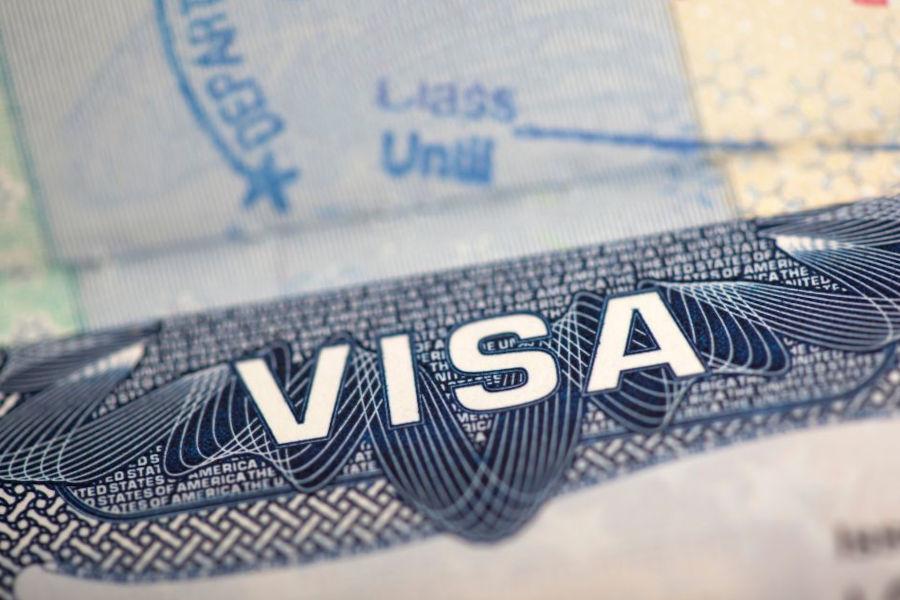Find the Right Experts Who Can Guide You In Preparing Your EB-1A Petition
If you have extraordinary abilities and are a leader in your field, you might be able to petition for an EB-1A visa. To qualify, you’ll have to prove your exceptional abilities and continue to work in your specified field once in the United States.
Immigration and employment law in the U.S. is incredibly complicated, and navigating the system can be very overwhelming. The process for obtaining an EB-1A visa is no exception.
At Francis Law Center, we have a team of experienced attorneys specializing in employment-based immigration and understand the complex requirements of the EB-1A visa.
The EB-1A visa has many advantages over other visa types, so it’s an excellent choice for anyone who can qualify. But because these visas are subject to close scrutiny by the USCIS, it’s highly recommended that you file your petition through an experienced immigration attorney.
What is the EB-1A Visa?
The EB-1A visa (also sometimes referred to as the EB1-A) is an employment-based, first-preference visa. This visa is intended for non-citizens who demonstrate “extraordinary ability” in their field. Eligible fields include science, athletics, arts, education, or business.
There is no requirement for a labor certification or a job offer in order to qualify under this classification.
The purpose of the EB-1A visa is to attract the most talented individuals in their respective fields to live and work in the United States. As such, applicants must be able to demonstrate their “extraordinary ability” by proving their acclaim and recognition within their specific field. In addition, there may be other eligibility criteria depending on your field or occupational category.
How to Qualify For an EB-1A Visa
To qualify for an EB-1A visa, you’ll need to prove your extraordinary ability in one of the following fields:
- Arts
- Sciences
- Education
- Business
- Athletics
In addition, you will be required to provide evidence and documentation to demonstrate your claims. Proving your ability involves showing that you’ve obtained national or international acclaim and have been recognized as an expert in your field.
How to Demonstrate Extraordinary Ability
To qualify for an EB-1A visa, you must demonstrate that you’re nationally or internationally acclaimed in your field.
For example, receiving a Pulitzer Prize, Oscar, or Olympic medal are examples of one-time achievements that may be recognized by the evaluating officer. Other evidence could include scholarly articles written and published by the individual, stories about the individual and their work in major publications, or other major contributions to the field.
In addition, applicants must also demonstrate that:
- The applicant’s entry into the United States would substantially benefit the country
- The applicant will continue to work in the same field once in the United States
The Self Petition
To petition for an EB-1A visa, you will need to file Form I-140. This is the Immigrant Petition for Alien Workers. This petition is for non-U.S. citizens who are looking to become permanent residents in the United States.
Along with the petition, you’ll also need to submit any required initial evidence. USCIS provides a checklist for informational purposes to help you better understand what type of documentation is acceptable for this part of the process.
If you are applying for residency as an Oustanding Professor or Researcher or Multinational Manager or Executive, you will need to have your employer (in the U.S.) file Form I-140. In that case, they will also need to provide evidence of their ability to continue to pay your present or offered salary.
The Adjustment of Status or Immigrant Visa Application
After the I-140 is approved, you will need to submit an application to adjust your status to permanent resident if you are lawfully present in the United States. This is called the I-485 Application to Register Permanent Resident or Adjust Status.
The purpose of this form is to request that the USCIS change your status to EB-1A, which means you are a legal permanent resident.
If you are living overseas, then you need to submit DS-260 and go through a consular process to obtain an EB1 immigrant visa.
Wait and Processing Times
The time it takes to process your petition and application may vary depending on several factors.
The I-140 could take several months on average if filed using the standard process. However, it is possible to have the process expedited by using the Premium filing option through USCIS. Premium filed forms typically take 45 days for USCIS to process.
Once the I-140 is approved, you will have to file and wait for the processing of your Form I-485. The wait time for processing this application is typically longer than your initial petition. But, of course, the time could be shorter or longer depending on whether you submitted all the required documents timely and filled everything out correctly. This is another reason that using an experienced immigration attorney is so crucial.
Common Challenges in Obtaining EB-1A Visa
Because of the advantages of the EB-1A visa, applicants face more scrutiny throughout the process. As a result, there are many reasons for EB-1A petitions to be rejected or denied, but here are a few of the most common issues.
Petition Errors: If you make a mistake on your petition or don’t fill something out completely, there’s a good chance it will be rejected. While you can correct these issues, it slows the process significantly. So thoroughly checking every field (or having an attorney complete the petition for you) is the best way to prevent this problem.
Non-Payment of Filing Fees: Paying the incorrect amount or using an invalid form of payment will cause your petition to be rejected.
Criminal Record: Having a criminal act on your record or violating your current visa status will almost certainly make it difficult for your petition to get approved. Check your record and work with an attorney if you have any concerns.
Doesn’t Meet Qualifications: Proving your “extraordinary ability” can be a challenging task, and there’s a lot of room for interpretation in what constitutes such ability. If the evaluating officer doesn’t believe the evidence you’ve provided meets the qualifications, your petition may be denied.
Navigating the EB-1A Visa Process with Francis Law Center
Obtaining an EB-1A visa can be a daunting task, especially with so much room for error at each step in the process. At Francis Law Center, we specialize in these complex immigration cases with experience working with foreign professionals from all around the world.
So if you are a leader in your field and hope to bring your talents to the United States, schedule a consultation with our team. We can ensure you understand the process from start to finish and evaluate your eligibility and qualifications. Then, when you’re ready to proceed, we’ll be there to offer our guidance and expertise every step of the way.




